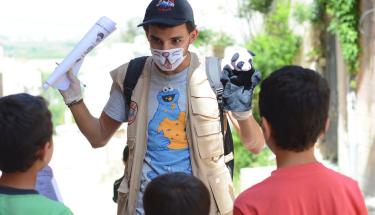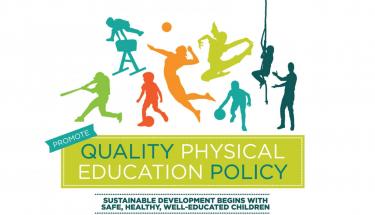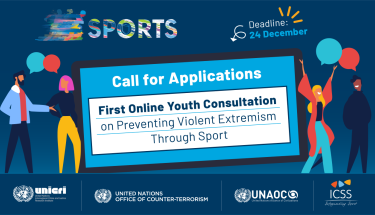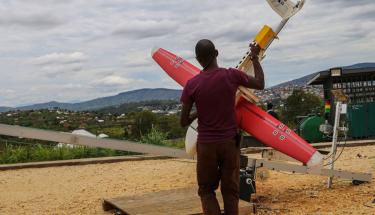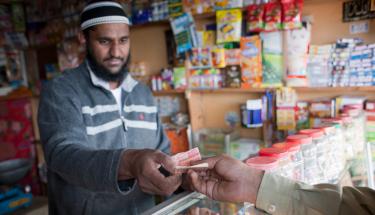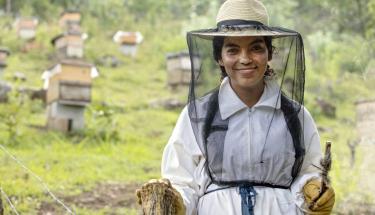- United Nations Social Development Network
- Thematic Areas
Thematic Areas
| Youth
These IASC guidelines were created in response to Action 1: Services in the Compact for Young People in Humanitarian Action (CYPHA). Launched at the World Humanitarian Summit in May 2016, the CYPHA made a long-term commitment to young…
| Cooperatives
Quality Physical Education (QPE) is a physical education approach that is grounded in the equality of opportunity for all students to access a well-balanced and inclusive curriculum. QPE supports the acquisition of psychomotor, social and emotional…
| Social Inclusion
Those working from home, whose number has greatly increased due to the spread of the COVID-19 pandemic, need better protection, says the International Labour Organization (ILO) in a new report. According to ILO estimates, prior to the …
| Disabilities
Noncommunicable diseases now make up 7 of the world’s top 10 causes of death, according to WHO’s 2019 Global Health Estimates, published today. This is an increase from 4 of the 10 leading causes in 2000. The new data cover the period from 2000 to…
| Social Inclusion
The UN75 initiative was launched by Secretary-General António Guterres, in January last year, to understand the global public’s hopes and fears for the future, as well as their expectations and ideas for international cooperation, and…
| Sport for Development and Peace
UNAOC (United Nations Alliance of Civilizations) has launched a call for applications for the first Online Youth Consultation on Preventing Violent Extremism through Sport, which will take place on 20-21 January 2021, within the…
| Sport for Development and Peace
Recognizing the value of sports in advancing peace and development, UNODC’s Regional Office for Central Asia (ROCA) this week launched a new outreach campaign designed to build youth resilience towards drugs, crime and violence. Developed…
| Ageing
The United Nations Decade of Healthy Ageing (2021-2030) is an opportunity to bring together governments, civil society, international agencies, professionals, academia, the media, and the private sector for ten years of concerted, catalytic and…
| Disabilities
“These rights touch on every aspect of life: the right to go to school, to live in one’s community, to access health care, to start a family, to engage in political participation, to be able to play sport, to travel – and to have decent work,” UN…
| Poverty Eradication
The European Commission remains committed to the 2030 Agenda. Under the leadership of President von der Leyen, the Commission has presented an ambitious policy programme to deliver on sustainability in the EU and beyond.
The Sustainable Development…
| Disabilities
One billion people – 15 per cent of the world’s population – currently have a disability, and 80 per cent of them live in developing countries. People with disabilities face significant challenges, including negative attitudes, stigma,…
| Disabilities
The United Nations Permanent Forum on Indigenous Issues estimates that there are more than 370 million indigenous peoples around the world. Complementing this data, indigenous women’s organizations estimate that approximately 50 percent—roughly 185…
 Welcome to the United Nations
Welcome to the United Nations
